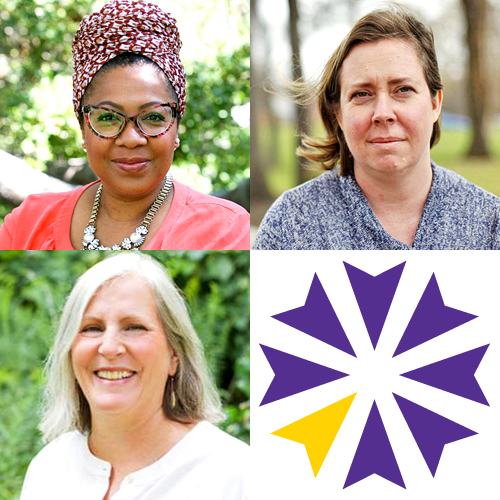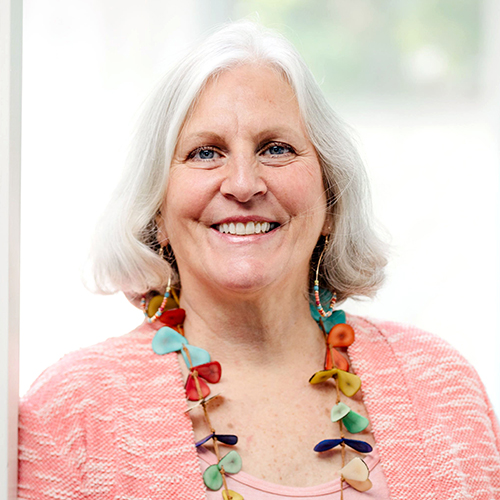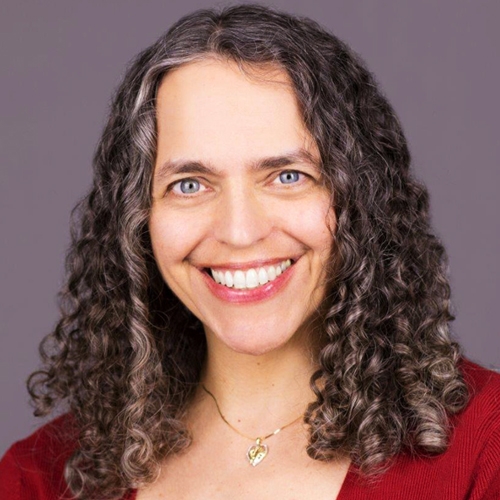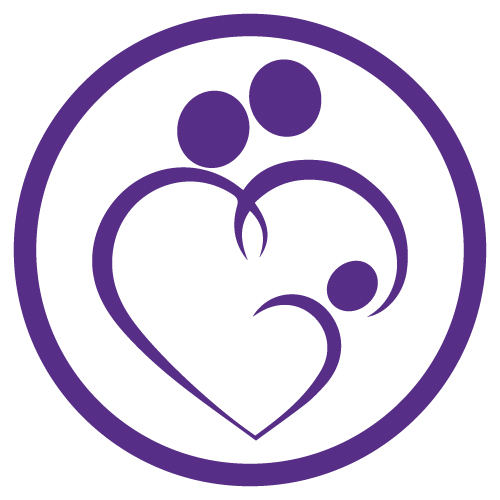 IBCLC Detailed Content Outline: Pathology Focused CERPs - Section III
IBCLC Detailed Content Outline: Pathology Focused CERPs - Section III
Access CERPs on Pathology for the IBCLC Detailed Content Outline recertification requirements. Enjoy convenient on-demand viewing of the latest Pathology focused IBCLC CERPs at your own pace.
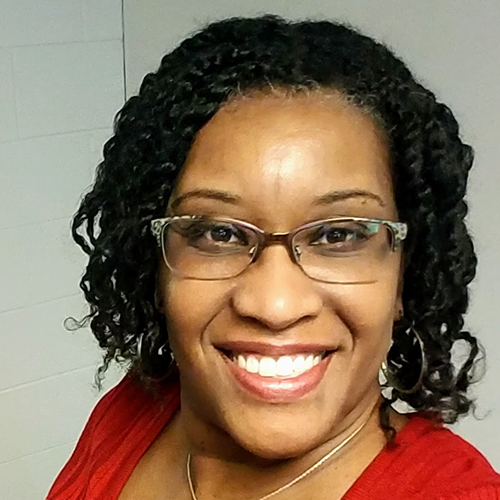
Counseling and Anticipatory Guidance to Reduce Perceived Insufficient Milk Production

Tameka Jackson-Dyer is an International Board-Certified Lactation Consultant (IBCLC) and Community Health Worker whose passion is community outreach. She holds a Bachelor of Applied Science in Health Studies from Siena Heights University, several lactation certifications and has been in the field for almost 20 years- honing her counseling and clinical skills in WIC agencies, OB/Gyn offices and Baby Friendly hospitals throughout the metro Detroit area. Her work as Manager of Community Collaboration with Coffective and consulting work with the EMU Center for Health Disparities, Innovations & Studies on their CDC/REACH and NACCHO grants- allows her to provide a voice for the populations who are historically underrepresented in conversations about breastfeeding support. To ensure she reaches as many families in her community as she can, the wife and mother of three owns a private practice, Crazymilklady Lactation Support Services, LLC, serves as Chair of the Metro Detroit/ Wayne County Breastfeeding Coalition, is a co-founder of the Southeast Michigan IBCLC’s of Color and volunteers as a Sisterfriend mentor with the Detroit Birthing Project.
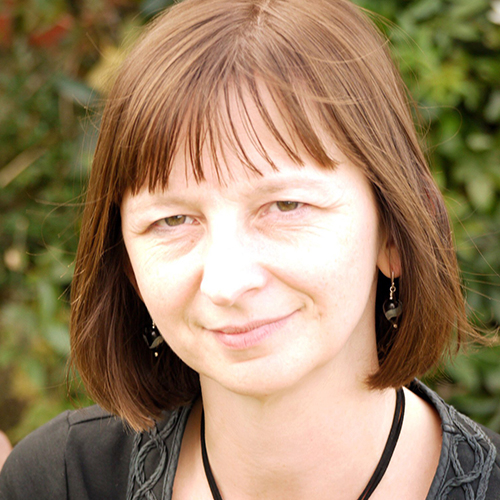
COVID-19 and Implications for Tongue-Tie Division in Infants

Sarah is a Registered General Nurse, Health Visitor, International Board Certified Lactation Consultant and Tongue-tie Practitioner with a busy private practice based in Cambridgeshire, UK. Sarah is a founder member and former Chair of The Association of Tongue-tie Practitioners and has written a book for parents and professionals, ‘Why Tongue-tie Matters’. Sarah lectures nationally and internationally on infant feeding and tongue-tie.
Topic: COVID-19 and Implications for Tongue-Tie Division in Infants - [View Abstract]
Topic: Is This a Tongue-Tie: How Do We Decide? - [View Abstract]
Topic: The Elephant In The Room - Bleeding Post Tongue-Tie Division - [View Abstract]
This presentation will examine the impact Covid 19 had on infant feeding and in particular the provision of tongue-tie services in the UK and other parts of the world during the period March to September 2020. It will look at the impact changes in provision had on the infant feeding experiences of families. It will also explore how practitioners managed services during the pandemic and what the lasting effects on those services have been. Specific concerns around transmission of Covid 19 during oral procedures will also be considered. Consideration to lessons learned will be given.
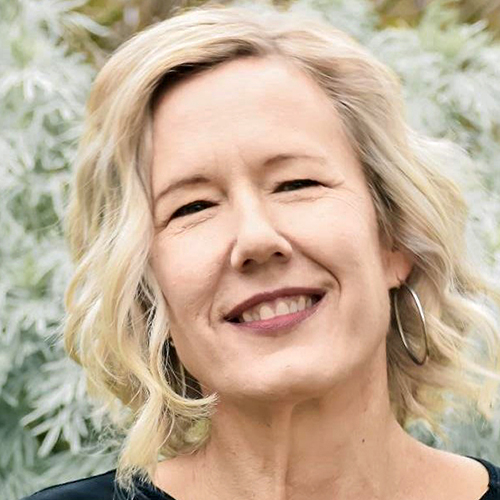

Dr. Gerner has been a Maternity and Pediatric Specialist in private practice for over 17 years with an additional focus on functional infant cranial work. She teaches other professionals to support breastfeeding across the USA and internationally. She is a wife, mother of 3 grown children, and lives in Northern CA with her husband and their 2 rescued dogs.
Topic: Introductions and Establishing the Value of Integration - [View Abstract]
Topic: Nitty Gritty Anatomy: The Cranium, Supporting Structure and the Muscle Layer - [View Abstract]
Topic: Tying It All Together- Consequences of Pathology and Ideal Collaboration - [View Abstract]
Biology often explains it all. Beyond the cranial and Musculo-skeletal system, the cerebral spinal/dural system and the cranial nerves play a huge roll not only in feeding function, but in the overall physical and cognitive health of the child. These systems are reciprocal- the structural system can cause neurological impairment; and likewise, neurological impairment can lead to structural imbalance and weak muscles. Many different therapeutic disciplines acknowledge this relationship in different ways. This presentation focuses on: (1) the cranial nerves specific to breastfeeding function; (2) The dura and CSF (cerebral spinal fluid) systems; (3) clinical presentations: Failure to thrive, colic, KISS/KIDD (4) Studies and articles from various approaches of care; and (5) the consequences of Cesarean Section on CSF and neuropathology.
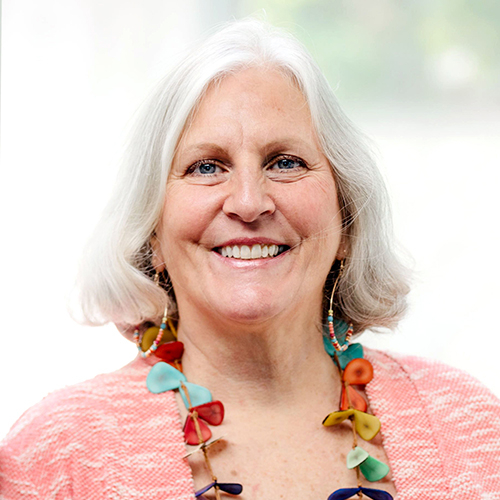
Cranial Nerves: A Critical Component of the Process of Breastfeeding

Dr. Hazelbaker has been a therapist in private practice for over 30 years. She specializes in cross-disciplinary treatment and to that end has taken training in several modalities to best assist her clients. She is a certified Craniosacral Therapist, a Lymph Drainage Therapy practitioner, a Tummy Time™ Trainer, a Haller Method practitioner, A Pre and Perinatal Psychology Educator, a Lactation Therapist Diplomate, an International Board Certified Lactation Consultant and a fellow of the International Lactation Consultant Association.
She earned her Master’s Degree from Pacific Oaks College (Human Development specializing in Human Lactation) and her doctorate from The Union Institute and University (Psychology, specializing in Energetic and Transformational healing.)
People recognize her as an expert on infant sucking issues caused by various structural problems like torticollis, plagiocephaly, brachycephaly and tissue shock-trauma. She invented the Hazelbaker™ FingerFeeder and the Infant Breastfeeding CranioSacral Protocol™ to assist in the resolution of this type of infant sucking dysfunction.
Topic: Cranial Nerves: A Critical Component of the Process of Breastfeeding - [View Abstract]
Topic: Creating Flow: Using Lymphatic Drainage Therapy for Breastfeeding Issues - [View Abstract]
Topic: Finger Feeding: What Do We Know? What Should We Know? - [View Abstract]
Topic: Gamechangers: New studies that will change the way we think about tongue-tie - [View Abstract]
Topic: Infant Trauma: Impact on Breastfeeding - [View Abstract]
Topic: The Faux Tie: When is a "Tongue-tie" NOT a Tongue-tie? - [View Abstract]
Topic: The Impact of Bodywork on Infant Breastfeeding - [View Abstract]
Topic: What Does Torticollis Have to do with Breastfeeding? - [View Abstract]
This presentation covers the role of the cranial nerves in coordinating suck-swallow-breathe, a critical component of the process of breastfeeding. In this presentation, Dr. Hazelbaker identifies the main nuclei of these cranial nerves, how the oral and oro-pharyngeal areas are innervated, and presents the pathways and functions of each relevant cranial nerve with special emphasis on the trigeminal and vagal nerves and their nuclei, describing how each impacts the actions needed for effective breastfeeding.
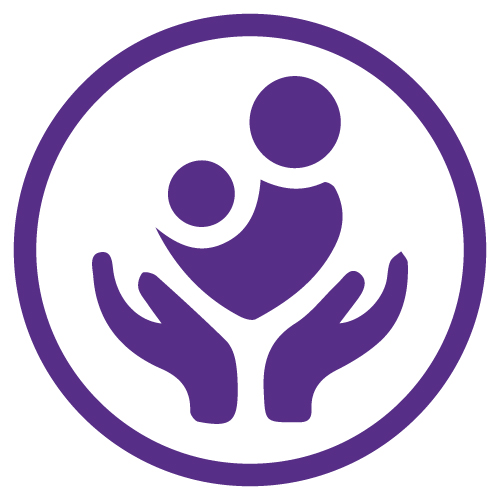
View Details / Enroll

Creating Flow: Using Lymphatic Drainage Therapy for Breastfeeding Issues

Dr. Hazelbaker has been a therapist in private practice for over 30 years. She specializes in cross-disciplinary treatment and to that end has taken training in several modalities to best assist her clients. She is a certified Craniosacral Therapist, a Lymph Drainage Therapy practitioner, a Tummy Time™ Trainer, a Haller Method practitioner, A Pre and Perinatal Psychology Educator, a Lactation Therapist Diplomate, an International Board Certified Lactation Consultant and a fellow of the International Lactation Consultant Association.
She earned her Master’s Degree from Pacific Oaks College (Human Development specializing in Human Lactation) and her doctorate from The Union Institute and University (Psychology, specializing in Energetic and Transformational healing.)
People recognize her as an expert on infant sucking issues caused by various structural problems like torticollis, plagiocephaly, brachycephaly and tissue shock-trauma. She invented the Hazelbaker™ FingerFeeder and the Infant Breastfeeding CranioSacral Protocol™ to assist in the resolution of this type of infant sucking dysfunction.
Topic: Cranial Nerves: A Critical Component of the Process of Breastfeeding - [View Abstract]
Topic: Creating Flow: Using Lymphatic Drainage Therapy for Breastfeeding Issues - [View Abstract]
Topic: Finger Feeding: What Do We Know? What Should We Know? - [View Abstract]
Topic: Gamechangers: New studies that will change the way we think about tongue-tie - [View Abstract]
Topic: Infant Trauma: Impact on Breastfeeding - [View Abstract]
Topic: The Faux Tie: When is a "Tongue-tie" NOT a Tongue-tie? - [View Abstract]
Topic: The Impact of Bodywork on Infant Breastfeeding - [View Abstract]
Topic: What Does Torticollis Have to do with Breastfeeding? - [View Abstract]
Surprisingly, lymphatic congestion forms the foundation of some lactation problems like chronic plugged ducts and un-resolving nipple and breast pain. In this cutting-edge presentation, Dr. Hazelbaker covers the anatomy and physiology of the lymphatic system (especially as it pertains to the breast) and discusses the most common presentations and causes of lymphatic breast congestion. She demonstrates the Lymphatic Drainage Therapy technique in videos of three cases. Dr. Hazelbaker leaves the audience with a brief breast self-care regimen that can enhance the breast health of every participant when used consistently.
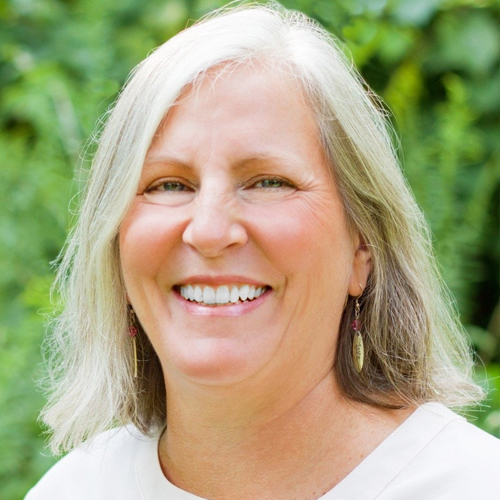
View Details / Enroll


Catherine Watson Genna BS, IBCLC is an International Board Certified Lactation Consultant in private practice in New York City. Certified in 1992, Catherine is particularly interested in helping moms and babies breastfeed when they have medical challenges and is an active clinical mentor. She speaks to healthcare professionals around the world on assisting breastfeeding babies with anatomical, genetic or neurological problems. Her presentations and her writing are enriched by her clinical photographs and videos. Catherine collaborates with Columbia University and Tel Aviv University Departments of Biomedical Engineering on research projects investigating the biomechanics of the lactating nipple and various aspects of sucking and swallowing in breastfeeding infants. She is the author of Selecting and Using Breastfeeding Tools: Improving Care and Outcomes (Praeclarus Press 2009) and Supporting Sucking Skills in Breastfeeding Infants (Jones and Bartlett Learning 2008, 2013, 2017) as well as professional journal articles and chapters in the Core Curriculum for Lactation Consultant Practice and Breastfeeding and Human Lactation. Catherine served as Associate Editor of the United States Lactation Consultant Association’s official journal Clinical Lactation for its first seven years.
Topic: Breastfeeding Strategies for Tongue-tied Infants - [View Abstract]
Topic: Critical Assessment of Apparent Tongue-Tie - [View Abstract]
Topic: Introduction to Cervical Auscultation - [View Abstract]
Topic: Lactation Support for Infant Biomedical Challenges - [View Abstract]
Topic: Organization of tongue movements before and after frenotomy for posterior tongue-tie: an Ultrasound analysis - [View Abstract]
Topic: Positioning and Latch for Breastfeeding - [View Abstract]
Topic: Ultrasound Analysis of Sucking: Tongue-Tie and Confounders - [View Abstract]
Topic: Using Breastfeeding Supplementers - [View Abstract]
Tongue tie is one potential cause of breastfeeding difficulties, but most authorities fear that frenotomy is overused. This presentation explores research on the role of the tongue during normal breastfeeding; briefly reviews validated assessment tools, and proposes other management, structural and medical issues that impact tongue mobility and feeding.
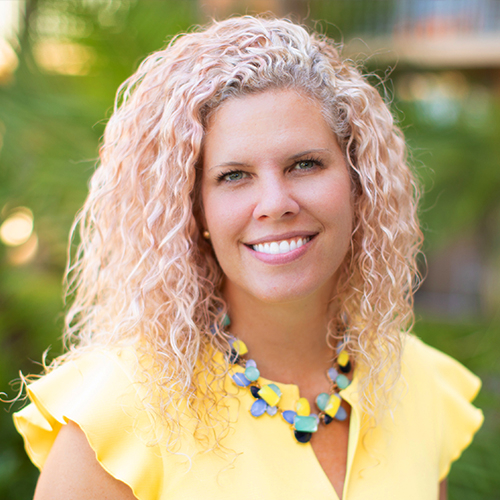
Current Trends in Identifying and Managing Neonatal Diabetes Mellitus

Tiffany Gwartney, DNP, APRN, NNP-BC, is an Assistant Professor at the University of South Florida (USF), College of Nursing. In addition to her neonatal clinical practice at Nemours Children’s Hospital in Orlando, Dr. Gwartney has been an Assistant Professor at USF since May 2015, where she has written and deployed experiential learning modules for the evidence-based practice course for undergraduates, integrated delegation simulations for undergraduate leadership students, and taught sim labs for the women, children & families course. Her most recent work was the implementation of a simulation regarding nursing interaction with a maternity couplet who was under airborne precautions, while in full personal protective equipment. This simulation was integrated into her COVID Care Education Module in which undergraduate students in their final practicum participated in a pilot program at designated clinical partner sites, providing bedside care for patients with COVID-19 disease. Her research interests include education, neonatal diabetes, role transition for novice Neonatal Nurse Practitioners (NNP), simulation, management of high-risk newborns in the delivery room, and couplet care for mothers with COVID-19. Dr. Gwartney has had several opportunities to speak internationally regarding the benefits of deliberate routine practice of high acuity, low-volume technical skills, and nationally regarding neonatal diabetes and conflict management. She is a member of Sigma Theta Tau (Iota Chapter) and is actively involved in several neonatal professional organizations: Florida Association of Neonatal Nurse Practitioners, Council of International Neonatal Nurses [education committee member], National Association of Neonatal Nurses [member], and The American Academy of Pediatrics [member, conference planning committee]. Dr. Gwartney enjoys traveling for pleasure but has also found herself working triage in a children’s clinic located in the remote village of Zapote, Guatemala, as well as educating NICU nurses in Paisley, Scotland and Shanghai, China.
Neonatal Diabetes Mellitus (NDM) is defined as persistent hyperglycemia (>200 mg/dL) that requires insulin treatment and occurs before six months of age (Habeb et al., 2020). While the incidence of neonatal diabetes is merely 1 in 90,000 to 160,000 live births, the rarity of this disease can make diagnosis challenging and potentially result in delayed treatment (Letourneau et al., 2017). Uniquely set apart from type I diabetes by its strictly genetic etiology, NDM can be associated with developmental delay and epilepsy (DEND). Insulin is a growth factor that is critical for optimal growth. Insulin dependence can be permanent or transient. Management of NDM includes insulin followed by stabilization using oral sulfonylureas (Hattersley et al., 2018). Positive outcomes are contingent upon early diagnosis, euglycemia, early interventions including multidisciplinary involvement, rehab services and parental support with regard to hypo/hyperglycemia management and insulin administration. The purpose of this presentation shall be to describe the etiology, pathophysiology and clinical presentation of NDM, discuss clinical management strategies, and recognize the importance of a multi-faceted, inter-disciplinary approach to caring for an infant with NDM.
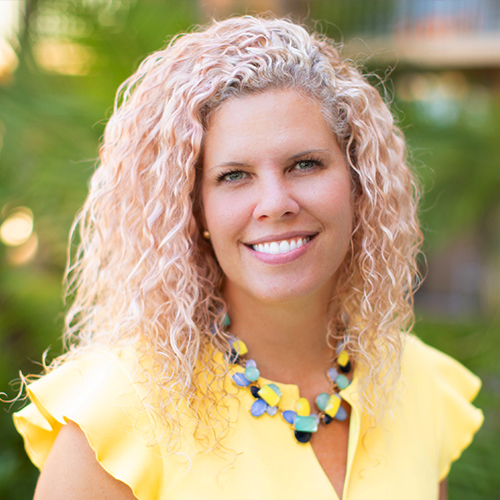
View Details / Enroll
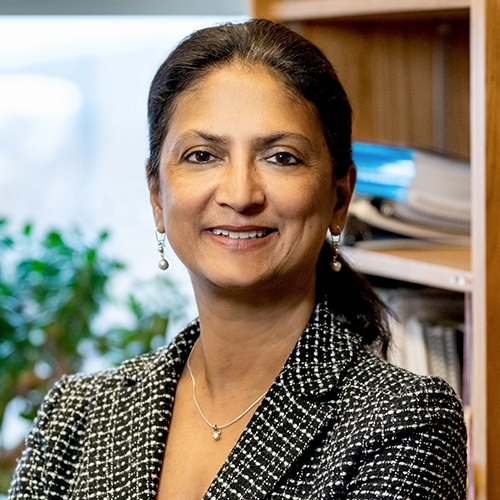
Disparities in Perinatal Care and Outcomes Among Women With Disabilities: An Urgent Call for Inclusion

Dr. Monika Mitra is the Nancy Lurie Marks Associate Professor of Disability Policy, and Director of the Lurie Institute for Disability Policy at Brandeis University’s Heller School for Social Policy and Management. Her research focuses on the health and wellbeing of people with disabilities and their families. She co-leads the Community Living Policy Center which is aimed at improving policies and practices that advance community living outcomes for people with disabilities and the National Research Center for Parents with Disabilities which is focused on addressing knowledge gaps regarding the needs of parents with diverse disabilities and their families. Dr. Mitra is co-editor-in-chief of the Disability and Health Journal. Prior to joining Brandeis, she was Associate Professor in the Department of Family Medicine and Community Health at the University of Massachusetts Medical School.
In the last ten years, an emerging body of evidence has documented the disparities in perinatal care, quality, and outcomes of women with disabilities.
This presentation will provide an in-depth examination of the unmet needs and barriers to perinatal care among women with different disabilities. It will highlight disparities in pregnancy and birth outcomes among women with and without disabilities. It will also outline recommendations to women with disabilities who are considering pregnancy and examine the experiences and needs of health care practitioners in providing obstetric care to women with disabilities.
The findings for this presentation are informed by analyses of nationally representative surveys, population-based administrative data, and from interviews with disabled women and obstetric care clinicians from the United States. We will include findings on the perinatal health of women with physical disabilities, women who are deaf and hard of hearing, and women with intellectual and developmental disabilities.
This presentation will shed light on the unmet needs and barriers to care of women with disabilities during pregnancy and childbirth and emphasize the urgent need for policy and practice recommendations to improve perinatal care of women with disabilities.


Christine Bishop is a neonatologist, bioethicist, medical educator, and Assistant Professor of Pediatrics at Wake Forest University School of Medicine and Brenner Children’s Hospital in Winston-Salem, NC. She founded and directs the Brenner Children’s Hospital Care Always ™ Neonatal/Perinatal Palliative Care Program that provides holistic care for infants with life-limiting and complex medical conditions. Dr. Bishop received her MD from The Ohio State University School of Medicine and Public Health and completed her pediatric residency and neonatology fellowship at the University of Texas Health Sciences Center San Antonio. She completed a Master of Arts in bioethics at the Wake Forest University Center for Bioethics, served as the lead clinical ethics consultant for Wake Forest Baptist Medical Center, chairs the Clinical Ethics Consultation Committee, and co-directs the undergraduate medical humanities course at Wake Forest University School of Medicine.
Palliative care is a dynamic, multidisciplinary field of medicine that focuses on holistic care for patients with complex, serious, and life-limiting conditions. Neonatal/perinatal palliative care involves care for women pregnant with fetuses who have potentially life-limiting conditions, a holistic approach to family care and decision making, and care for infants with life-limiting or complex medical conditions. This session will discuss key aspects of neonatal/perinatal palliative care. We learn so much from our patients and families, and their stories will provide the framework as we work through important concepts in neonatal/ perinatal palliative care. Topics to be discussed include communication, shared decision making, managing uncertainty, pharmacologic and non-pharmacologic approaches to care, the role of hospice, and ethical issues involved in care of neonates at the end of life.

View Details / Enroll
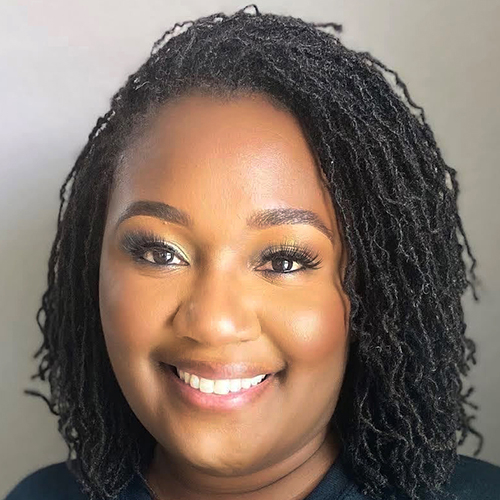

Courtney Polk is a registered nurse and International Board Certified Lactation Consultant. She is a native of New Orleans but currently resides in Dallas, Texas with her husband and their 2 children. Since graduating from Southern University School of Nursing in 2006, Courtney began her nursing career in labor and delivery and went on to earn a masters in nursing education in 2012. It wasn’t until having her son in 2014, and experiencing breastfeeding for herself that lactation became her focus and passion. Since becoming board certified she has helped countless families in the Dallas-Ft. Worth metroplex area meet or exceed their breastfeeding goals. Courtney is also the current president of the Dallas Lactation Consultant Association.
Donor milk is often an underutilized resource. Human milk donation has happened since the beginning of time through wet nursing and bottles. There are many reasons babies may need extra nutrition that their parents temporarily may not be able to provide. When supplementing becomes necessary donor milk can be a viable and sustainable option. However, many parents they have never heard of it and/or they don't know where to get it. Also, many parents have an abundance of milk and may not know what to do with it. This presentation will focus on how lactation professionals can do a better job of promoting donor milk and thereby promoting exclusive breastfeeding.






